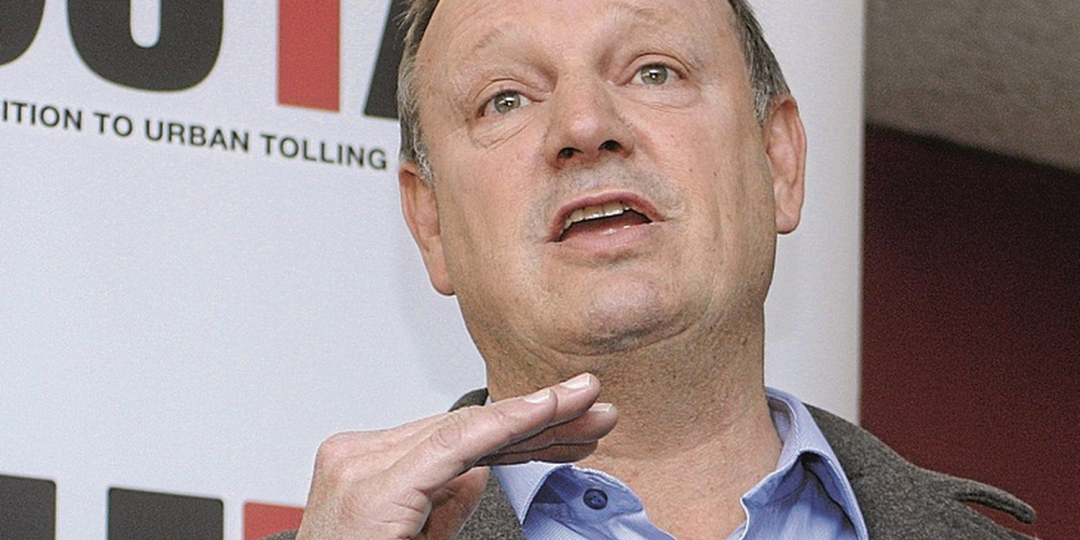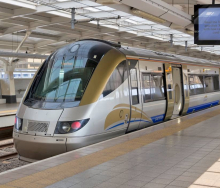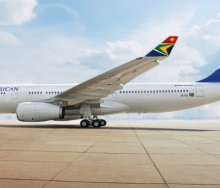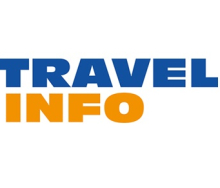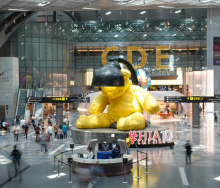Outa made headlines last week when it announced that it would file a submission to halt the bailout of SAA subsidiaries Mango, SAAT and Air Chefs. Discussing this move with Travel News, Outa also spoke about the strength of the travel industry and called for industry players to stand together with Outa on the matter, boycotting sales of flailing state-owned airlines and putting a stop to the ongoing state bailouts.
“Outa calls on the State to stop wasting its limited resources in the bailout of non-core state-owned enterprises. The country has much bigger issues to deal with, such as the fight against corruption. It is extremely frustrating for society to hear that budgets and funding for such important institutions as the National Prosecuting Authority and the Special Investigations Unit are being reduced, whilst failed non-essential SOEs are being allocated billions of rand to prop them up. This is simply not acceptable,” said the organisation in a statement last week.
Outa ceo, Wayne Duvenage, added that aviation players, which had all been adversely affected by the pandemic, needed to be treated fairly and that the South African government should not be exclusively bailing out corrupt and inefficient SOE airlines, which had been failing prior to commencement of the pandemic.
“They are creating an unfair playing field that is highly uncompetitive and that does not bring the inefficiencies of these entities into check. Not only is the government continuing to bail out these entities but is also pressurising other SOEs, such as Acsa, to look the other way regarding infringements that private airline bodies would never get away with. It also bullies TMCs to continue to book these entities, which are all in a highly precarious financial state, with veiled threats that they will lose government business if they do not support them,” said Wayne.
Outa’s latest submission to halt the bailout of SOE subsidiaries is based on its view that the government is acting in contravention of the Companies Act by attempting to appropriate funds from SAA’s business rescue to instead bail out SAA’s subsidiaries, whose recapitalisation was not included in SAA’s approved business rescue plan.
“Government is breaking the promises that it made to support SAA’s approved business rescue plan and is flagrantly abusing taxpayers’ money through this appropriation of SAA funds. It also leaves SAA creditors, such as agents and their clients, in the lurch, as much of the remaining SAA business rescue funds were to be allocated to the reimbursement of SAA’s unflown ticket-holders,” said Wayne.
Wayne called for agents to stand together and boycott state-owned airlines over this matter. “The airlines and the travel industry hold more strength than they know. The quickest way to bring an end to these government practices would be for the industry to boycott the sales of these airlines.”
Wayne also called for industry players, Asata, SAA’s Business Rescue Creditor’s Committee, and airline bodies, to write letters to the Department of Public Enterprises about their concerns and to call an industry summit about the matter. “The industry needs to stand up to government’s bullying and to do the right thing to fix the industry, even if this means temporary loss of government business,” he said.
Responding to Outa’s comments, TBCSA ceo, Tshifhiwa Tshivhengwa, told Travel News that an industry-wide boycott was not on the TBCSA’s agenda and had not been discussed by the association.
“Right now, when it comes to SAA, what is most important to the industry is that the airline finalises the issue of the outstanding unflown ticket-holder refunds. SAA still owes a lot of money to local and international agencies as well as to the travelling public. We are currently communicating with SAA about this matter,” said Tshifhiwa.
Ceo of Asata, Otto de Vries, said while he acknowledged the points that Outa had made, Asata’s primary responsibility to the industry at present was to continue to communicate with SAA to resolve this issue.
“We believe that it is in the interests of SAA and its stakeholders to be clear, transparent and open about the matter of unflown ticket-holder funds, including the matter of cash reimbursement for ticket holders who do not want SAA credit vouchers for future travel, if SAA wants to rebuild confidence in the airline and wants to maintain the support of the travel industry and the general public,” said Otto.
